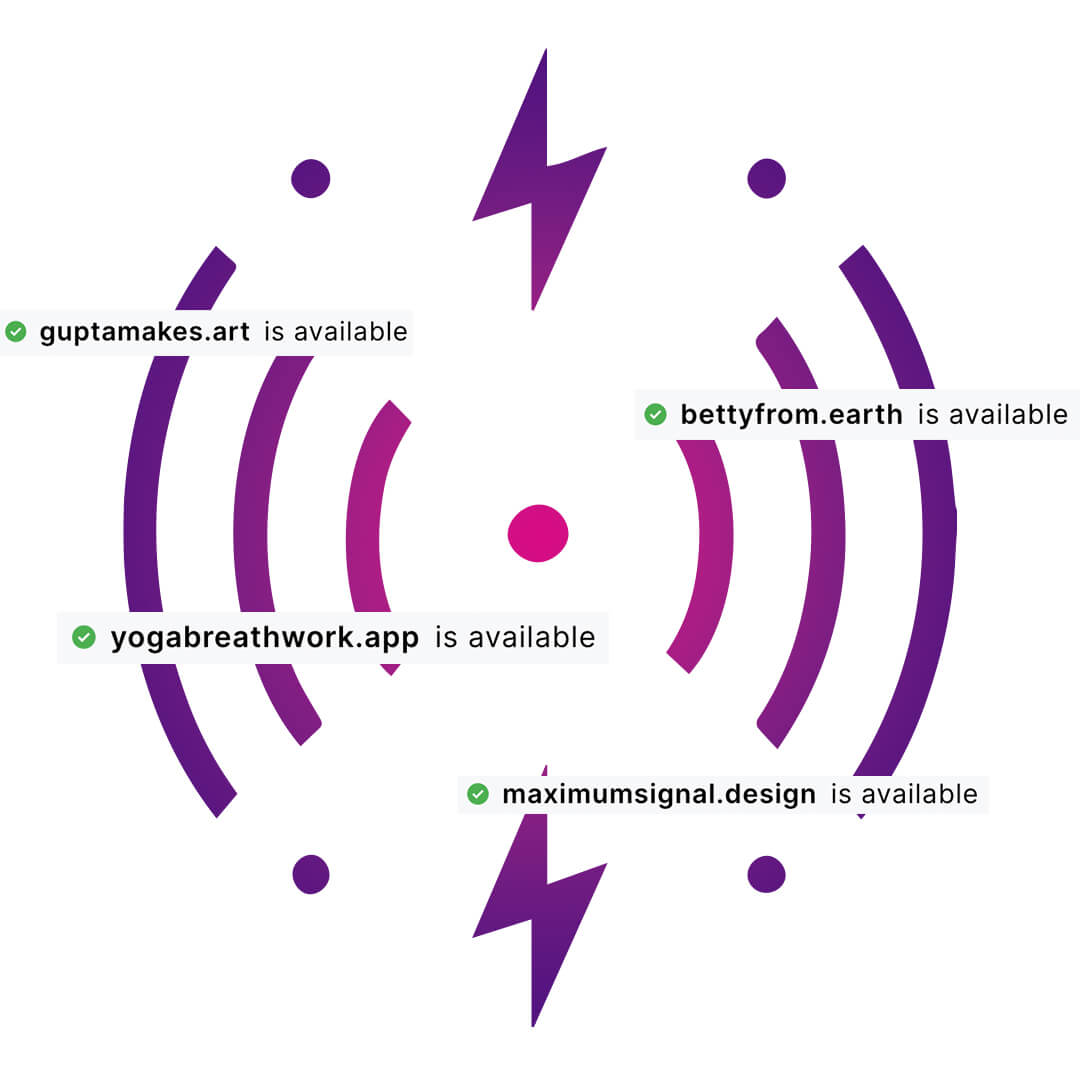
Embracing Smart Contracts: The Top 10 Advantages
While the broader public may be distracted by the more flamboyant aspects of cryptocurrency – the scandals, the thefts, the enormous windfalls – smart contracts are quietly emerging as a transformative force for startup founders of every stripe.
These digital agreements are carving a niche far beyond the buzz of digital currencies, offering practical, real-world applications that are revolutionizing traditional business operations. Their increasing adoption signifies a pivotal shift, especially for startups, towards more efficient and innovative ways of conducting business. As we transition into 2024, this shift is becoming more pronounced, bringing smart contracts to the forefront of business innovation.
Top 10 Benefits of Smart Contracts for Any Business
1. Automated Loyalty Rewards: Smart contracts can automate the distribution of loyalty rewards, reducing administrative workload. For instance, a smart contract can automatically issue digital tokens or discounts to customers who meet certain purchase criteria, enhancing customer engagement.
2. Enhanced Security in Transactions: By leveraging blockchain technology, smart contracts offer enhanced security, making transactions tamper-proof and trustworthy. This is crucial for small businesses that need to establish trust with partners and customers.
3. Cost-Effective Operations: Smart contracts eliminate the need for intermediaries, reducing costs associated with legal, banking, and administrative processes. This cost efficiency is particularly beneficial for small businesses operating with limited budgets.
4. Real-Time Inventory Management: Smart contracts can be integrated with inventory management systems to update stock levels in real time. This automation ensures accurate inventory tracking and can help in preventing overstocking or stockouts.
5. Improved Supply Chain Transparency: For businesses managing complex supply chains, smart contracts offer transparency by recording every transaction on the blockchain. This visibility is invaluable for ensuring product authenticity and tracing product origins.
6. Efficient Dispute Resolution: By codifying business agreements, smart contracts provide a clear, immutable record of terms and conditions, leading to quicker and more efficient resolution of disputes.
7. Seamless Payment Processing: Smart contracts can automate payment processes, ensuring timely payments to suppliers and vendors. This automation can improve cash flow management, a critical aspect for small businesses.
8. Customizable Customer Incentives: Smart contracts allow for the creation of highly customizable loyalty programs, enabling small businesses to tailor rewards and incentives based on customer behavior and preferences.
9. Enhanced Collectibility of Products or Services: By tokenizing products or services, businesses can create unique, collectible items. This can be particularly appealing in niche markets where exclusivity and authenticity drive value.
10. Data-Driven Insights for Business Decisions: Smart contracts can facilitate the collection and analysis of transactional data, offering insights that help in making informed business decisions, such as adjusting inventory levels or modifying loyalty program parameters.
Top 10 Advantages with Examples
The growing prominence of smart contracts and the tokenization of Real World Assets (RWAs) marks a turning point in business innovation. As we step into 2024, these emerging technologies are set to influence change in every industry, including yours. Their impact, unfolding more visibly in the coming year, promises innovative solutions and new opportunities. Here are ten compelling reasons why smart contracts and RWAs will become frequent topics of discussion, each reason illustrating their potential to reshape the very fabric of modern business practices.
1. Automated Execution in Insurance
“Moving beyond the cryptocurrency headlines, smart contracts are set to revolutionize insurance processing, potentially reducing costs by 30% according to Capgemini. Unlike the unpredictable nature of digital currencies, these contracts offer tangible benefits by speeding up claims settlements, reducing errors and fraud, and significantly improving policy management and customer experience.”
2. Cost Reduction in Real Estate
“Smart contracts are cutting real estate transaction costs by removing middlemen,” reports Forbes. This innovation significantly lowers fees and expedites property sales, enhancing transparency and security in property transactions.
3. Efficiency and Speed in Finance
“Blockchain could save banks up to $12 billion annually,” Accenture notes. Smart contracts streamline complex financial processes like settlements and clearings, introducing real-time transaction capabilities and redefining financial operations.
4. Increased Accuracy in Supply Chain Management
“Blockchain can reduce shipping industry errors, saving up to $4 billion per year,” says the World Economic Forum. Smart contracts provide real-time tracking and verification, ensuring authenticity and compliance throughout the supply chain.
5. Enhanced Trust in Energy Trading
“Smart contracts could improve grid efficiency by 55%,” Deloitte observes. These contracts allow for transparent and efficient distribution of energy resources, revolutionizing how energy is traded and managed.
6. Fractional Ownership in Fine Wine Investment
WineChain offers bottle shares ownership for as little as 5% of its value, opening up luxury investment to a broader audience and making it more inclusive and diversified.
7.Tokenization of Physical Assets
“Tokenization can unlock $4.1 trillion in illiquid assets by 2030,” predicts the World Economic Forum. Through WineChain, investors can easily trade and manage assets like fine wine, previously inaccessible due to high entry barriers.
8. Transparency in Pharmaceuticals
“Blockchain can reduce pharmaceutical counterfeits by 30%,” states BCG. This ensures drug safety and traceability from manufacturing to delivery, significantly impacting public health and regulatory compliance.
9. Direct Transactions in Global Trade
“Cross-border transactions are expected to exceed $156 trillion,” McKinsey forecasts. Smart contracts make these transactions faster, cheaper, and more secure, benefiting businesses and consumers alike.
10. Programmability in the Arts
“Smart contracts could increase royalty collections by $2.5 billion annually,” CISAC reports. They allow creators to automatically receive royalties and maintain control over their intellectual property, fostering a more equitable ecosystem in the arts.
Domains for Campaigns!
Showcase your brand’s personality with a memorable and modern domain.
.art .design .xyz .app .fun .games .life and more!

How WineChain Leverages Smart Contracts for Accessibility and Experience
WineChain is redefining the landscape of luxury investments with its innovative use of smart contracts in the wine industry. At the heart of WineChain’s breakthrough is the tokenization of fine wines. This transformative approach allows the platform to fractionalize ownership of high-value wines, thereby democratizing access to what was once a market reserved for the affluent. Each token represents a tangible stake in a physical bottle of wine, bridging the gap between digital investment and the tangible world of fine wines.
This initiative extends beyond the mere buying and selling of wine. WineChain is enriching the entire wine investment experience. Investors are not only purchasing shares in exquisite wines but are also becoming part of an exclusive community. This community is privy to unique experiences such as vineyard tours, wine tastings, and special events. Such offerings mark a significant shift from traditional investment models, combining financial returns with enriching, real-world experiences.
The most striking impact of WineChain lies in its potential to democratize luxury investments. The platform challenges the traditional barriers that have kept fine wine investments an exclusive domain. By enabling fractional ownership, WineChain opens up this market to a broader audience, including casual enthusiasts and first-time investors. This inclusivity is pivotal in broadening the horizons of the luxury investment market, offering novel opportunities for diversification and involvement in a sector that was once considered niche and inaccessible.
Stepping away from the dizzying spectacle of cryptocurrency, it becomes evident that the true game-changer in the business realm is the steady ascent of smart contracts. WineChain’s innovative approach in the wine industry is a prime example of how these digital agreements are reshaping traditional business models. They are setting the stage for a future where advanced technology empowers not just a select few but every entrepreneur, investor, and visionary. Smart contracts are not just reshaping the business world; they’re redefining it, heralding a new era of efficiency, transparency, and inclusion across all sectors.
Additional Reading
Here are three recent articles that discuss Real World Assets (RWAs) and the tokenization trend, including a piece about a large financial asset manager who has developed their own blockchain technology to tokenize transactions:
1. Tokenization of Real-World Assets Could Grow to a $10T Market by 2030: This article from CoinDesk highlights the growing interest in the tokenization of RWAs and predicts that the market could grow to a staggering $10 trillion by 2030. It emphasizes how cryptocurrency convergence with traditional finance (TradFi) is playing a crucial role in this expansion.
2. Citi Develops New Digital Asset Capabilities: Citi Treasury and Trade Solutions announced the creation of Citi Token Services, which utilizes blockchain and smart contract technologies to deliver digital asset solutions for institutional clients. This service integrates tokenized deposits and smart contracts into Citi’s global network, thereby enhancing cash management and trade finance capabilities. It includes features like cross-border payments, liquidity solutions, and automated trade finance solutions available 24/7.
Citi’s initiative with Maersk and a canal authority exemplifies the practical application of this technology, demonstrating instant payments to service providers via smart contracts. This marks a significant move by a large financial institution in adopting blockchain for mainstream financial services.
https://www.citigroup.com/global/news/press-release/2023/citi-develops-new-digital-asset-capabilities-for-institutional-clients
3. Franklin Templeton, WisdomTree, and BlackRock’s Involvement in Asset Tokenization: This BeInCrypto article discusses how major asset managers like Franklin Templeton, WisdomTree, and BlackRock are embracing tokenization. Franklin Templeton launched the Franklin OnChain US Government Money Fund on the Stellar blockchain and extended its operations to the Polygon Network. WisdomTree is carving a niche in asset tokenization with its WisdomTree Prime platform, leveraging Stellar and Ethereum blockchains for digital funds. BlackRock, known for its vast asset management, has shown interest in blockchain’s potential to enhance market efficiencies, though it hasn’t formally declared any tokenization strategies. These developments highlight the increasing interest of large financial institutions in integrating blockchain technology into their asset management processes.
https://beincrypto.com/asset-managers-embrace-tokenization/
These articles collectively illustrate the significant strides being made in the tokenization of real-world assets, indicating a growing trend among major financial institutions towards adopting blockchain technology for more efficient, transparent, and innovative financial solutions.
Ready to launch insights into action?
Let’s talk about building the right tools for your business.